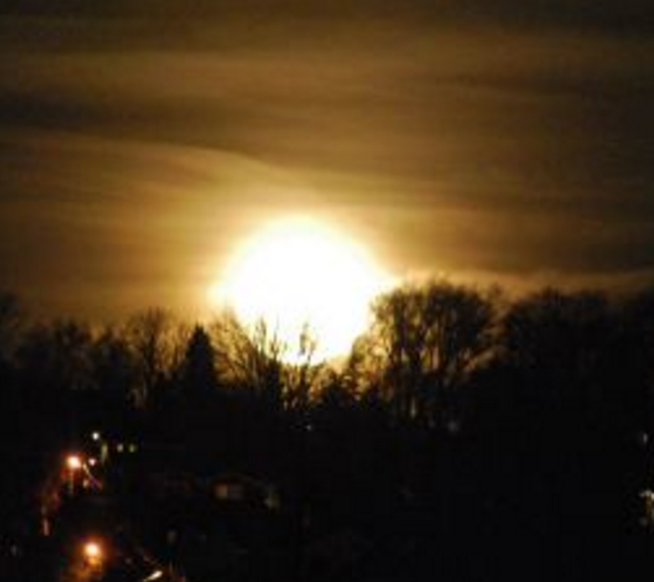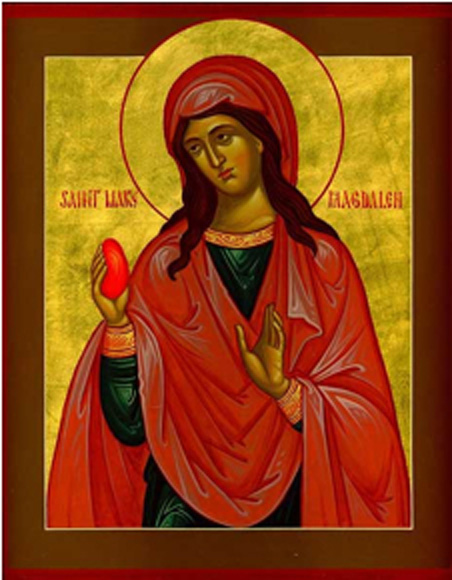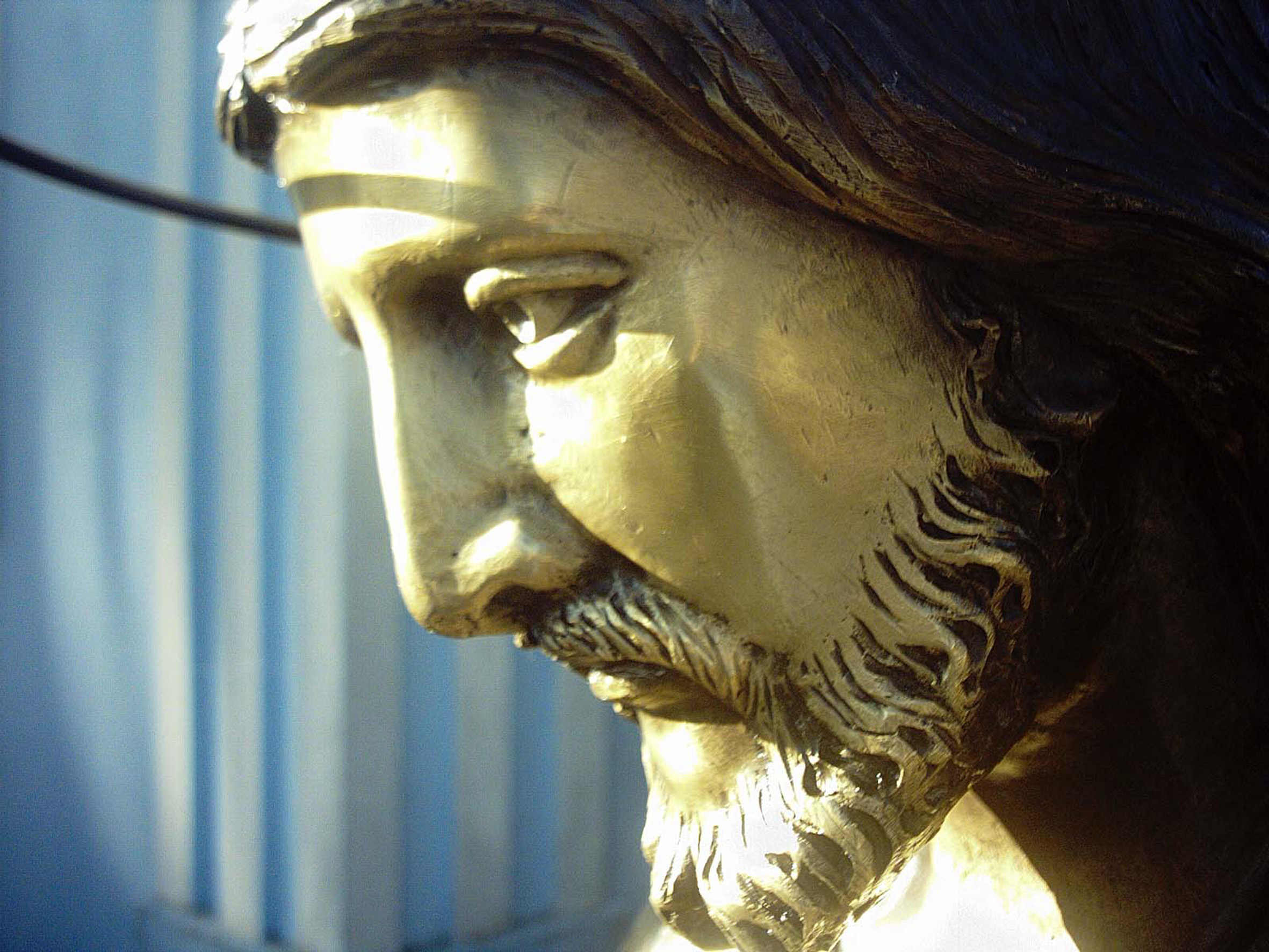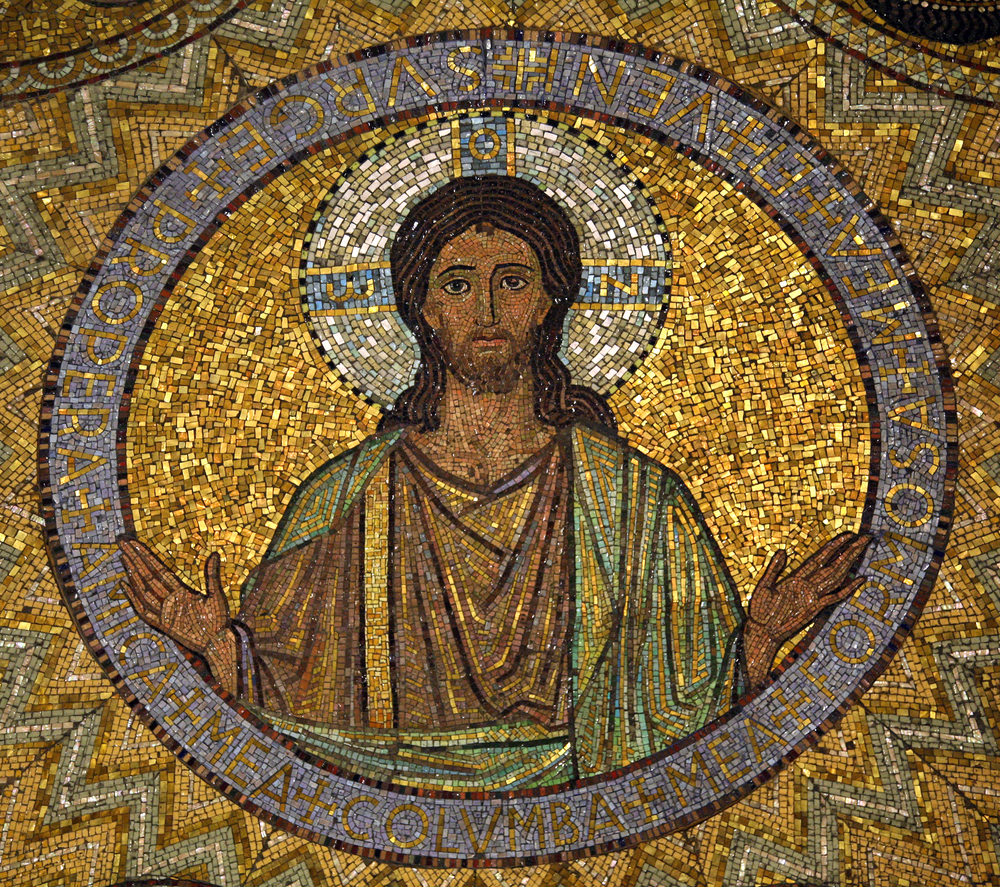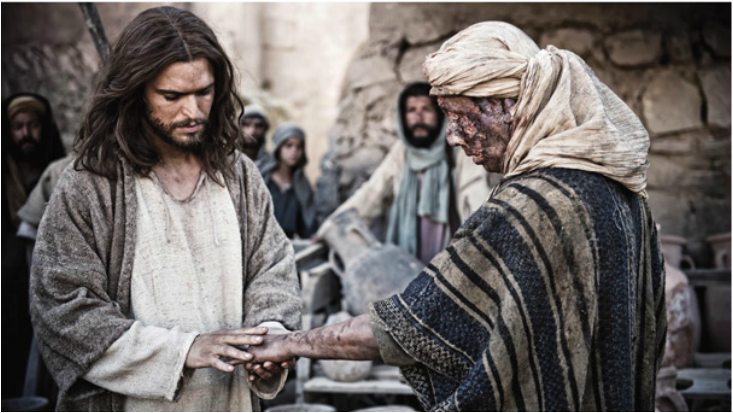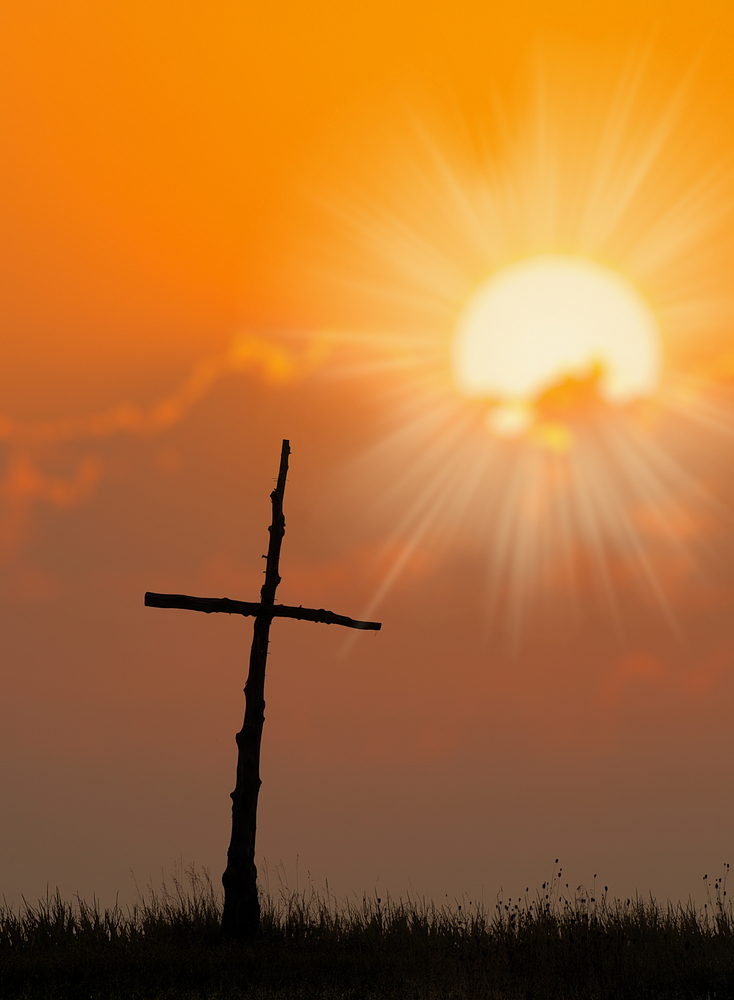What is more violent than war? We are a country that is not only in perpetual war, but have successfully subverted opposition to war by diverting our attention to other things and brandishing anyone who objects to our violence-based methods and agendas as unpatriotic. Moreover, we have aggrandized militarism by countless monuments and memorials to war.
Ever wonder how everything came into being? Ever wonder why? Was it merely a random chance occurrence, or was it something done with a purpose? And how does your answer to such questions determine how you look at the world and life? People have considered such questions for all of recorded history, and perhaps as long as there have been people.
There are two truths about practicing nonviolence that even many proponents of nonviolence often do not understand: 1) that while we may hope for world solutions by using the methods of nonviolence, the basis for being nonviolent has to be spiritually derived if such solutions are to be achieved; 2) the beauty of nonviolence lies not in its success rate in changing one's enemies or achieving world solutions, but rather in granting purpose, meaning, and integrity to the lives of those who practice it.
Darkness envelops our world and our lives. Shadows enshroud our spirits. We come to pay homage to one who tried to bring
Mary Magdalene was the first person, male or female, to witness the empty tomb…the first to see angels who reported the resurrection…the
O God, who grace feels abundant in our sunshine, but far removed in our shadows: We have come today to bear witness to Jesus’ suffering and death upon a cross. We are appalled at the injustice and inhumanity — not only of his last day, but of days in our lives when we hear about greed, corruption, discrimination, hatred, violence, and death.
Instead, we should be providing sanctuary for these refugees and immigrants who are fleeing persecution. Whether in our nation, churches, or our homes, we are to show loving-kindness, respect, and care for the well-being of all of our siblings. Isn't this what we would want others to do for us if the circumstances were reversed? Honestly, isn't this what Jesus would have us do?
Reinhold Niebuhr's brother, H. Richard, argued for faithfulness to the example of Jesus's nonviolence, while Reinhold believed this was naive and unrealistic in an imperfect world. H. Richard was the purist to the Christian faith, believing that following the Golden Rule, no matter the consequences, is what Jesus and God called us to do -- the success of the mission being in God's hands rather than our own. Reinhold, however, looked at the more practical side of things, substituting his or the world's idea of what was possible and changing his ethics accordingly. H. Richard thus trusted more in the providential moral arc of history as M.L. King, Jr. , would call it rather than a realist's version of what humans believe is attainable given their corrupt nature. In essence, H. Richard focused on the power of God's grace to transform our spirits and the world for the better, while Reinhold accepted a more cynical view of our ability to be radically changed as a specie.
O God, our Divine Parent, may your presence be ever revered. May your peace and justice dwell among us. May your love and compassion live within and between us. Nourish us daily with the necessities of life; sustenance for our bodies, and inspiration for our spirits.
When we care enough to listen to others, not so much as to give them advice, but to understand them...not so much to solve their problems but to be their confidante...not so much to inspire them but to be there for them, we become to them a trustworthy friend.
Let not my spirit ever be a cold wind; For whatever my power, your love I’ll not win.
We are called to have faith and to prepare for the coming of Christ in our world. But we too often imagine a babe in a manger than a true commitment to repenting of our lifestyles of wanting and having more than enough.
In the midst of the distractions in our lives, we come to listen, to think, and to feel. We come to learn so that we may teach. We come to pray so that we may act. Jesus said that he was born to testify to the truth.
If you look into a chrysalis, what you discover is an empty tomb. The caterpillar is gone; not resuscitated, but resurrected. Now lives a butterfly.
Yes, we all will one day die; but not even death can bury the love and peace we have shared. Our acts of kindness, strivings for justice, and practices of compassion are the eternal verities that give our life meaning and purpose, and will put our death in the context of a life that cannot be denied.
Astonished, with the pain of Good Friday lingering in our consciousness, we awake to a new day of hopes and miracles.
We are an Easter people! We believe that faith can move mountains, and that caterpillars can be transformed into butterflies.





